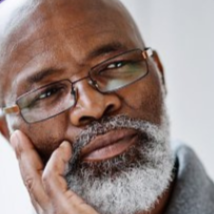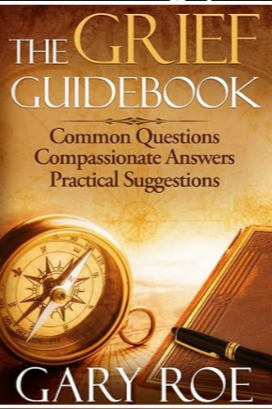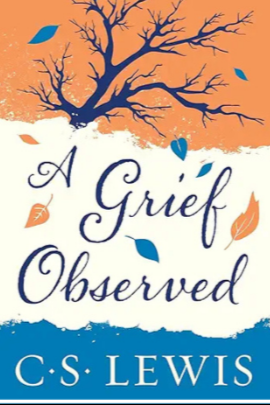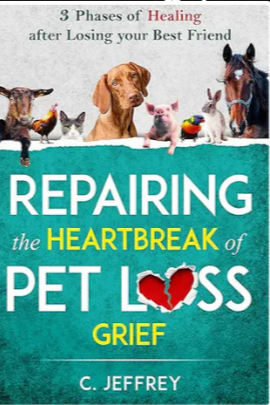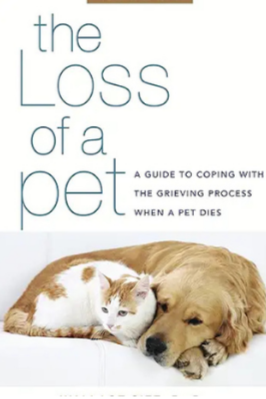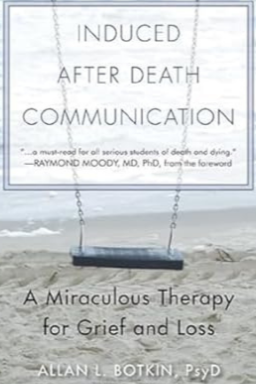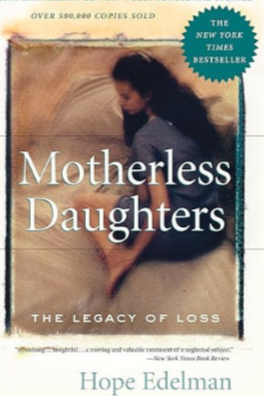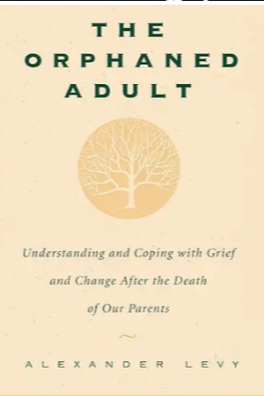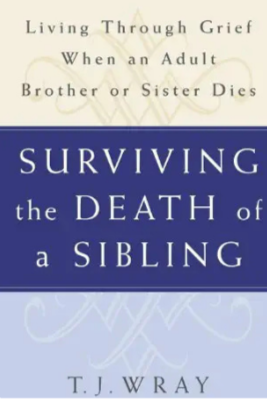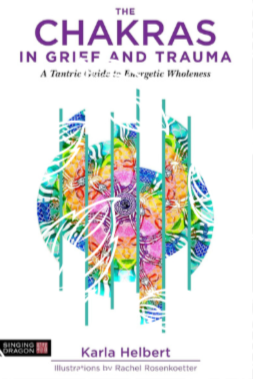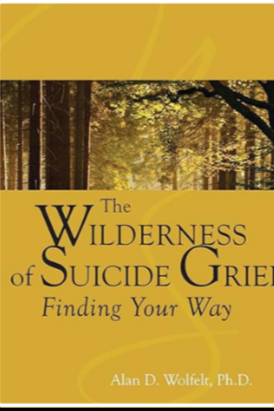
Therapy for Grief & Loss
Love Never Ends — Holding Grief with Grace.
Grief is a normal and natural response to loss.
We tend to associate grief with death. For many, the loss of a loved one is one of life’s most painful experiences. It can impact every part of our lives.
We also grieve nondeath losses. Many life events can trigger grief - the end of a relationship, a major illness, injury, job loss, financial hardship, or any significant life change. Nondeath losses can be uniquely painful and may be accompanied by complex emotional responses.
If you find that time has not healed your wounds and that you need additional support, I am here to listen and companion with you as you process the emotions, thoughts, and changes that the loss brings.
What is grief?
Grief is the day-to-day experiencing of loss. That includes your feelings, your thoughts and how you get through the day/night.
There is no timeline for grieving. Your grief may be relatively brief. Or you may find that you grieve, in some form, for the rest of your life.
Grief is unique to the individual. You may be surprised or confused by your reaction to loss. Grief is affected by coping style, comfort with emotions, personality, situational factors, and relationship with the deceased.
It is common to experience a need to cry, laugh, or run away. Your emotions may ebb and flow. You may oscillate between confronting the loss and avoiding it. You may need quiet and solitude. You may grieve as you stay busy. Or you may find that you feel nothing.
Grief is unique to the individual and because of this you may feel isolated in your grief. And our grief-averse culture can leave you feeling alone.
Grief will impact you in many ways. Grief and loss will change you. You may find that you have new priorities. You may also notice a new sensitivity to the loss of others. Or you may even find that you question your beliefs. Some people question the meaning of life after a significant loss.

“Grief is not a disorder, a disease, or a sign of weakness.” - Earl Grollman
It is an emotional, physical, cognitive, behavioral, and spiritual necessity.
There are no stages .
Elizabeth Kubler-Ross first published her book in 1969 describing the five stages of death and dying. In the 50+ years since that time; however, grief researchers have not found evidence to support stage theory.
A Holistic Approach to Grief
What researchers have discovered is that grief is a complex neurobiological process that impacts the griever emotionally, physically, cognitively, behaviorally, and spiritually.
In fact, changes occur very quickly. Our amygdala (the fear/threat center) is activated and cortisol is released. An increase in cortisol impacts our hippocampus and our ability to store and retrieve memories - which is why many people experience forgetfulness, “brain fog”, or a distorted sense of time. In addition, intense emotional pain can activate the anterior cingulate (the same brain region that processes physical pain) linking body sensations like tightness in the chest, headaches, body aches, etc. with our emotional pain. And all the while, your brain is doing its best to adapt and rewire itself.
There’s a lot going on when we grieve. Grief impacts nearly every area of a person’s life in a unique combination of ways. Look through the experiences (below). In what ways has your grief manifested?
-
Common Emotional Experiences of Grief
Sadness
Anxiety, panic, fear
Powerlessness, helplessness
Hopelessness,
Relief
Apathy
Yearning
Irritability
Sudden shifts in mood
Numbness
Loneliness
Shock
Despair
Ambivalence
Shame
Jealousy
-
Common Physical (Somatic) Experiences of Grief
Broken-heart syndrome,
Ache in chest
Heart palpitations
Exhaustion, fatigue
Shortness of breath
Tightness in throat
Back pain
Stomach ache
Dry Mouth
Headache
Dizziness
Weakness
Sensitivity to environmental stimuli (i.e. noise, light, crowds, etc.)
Always consult a medical professional when experiencing any physical symptoms.
-
Common Cognitive Experiences
“Grief brain”
Forgetfulness
Confusion
Slowed thinking
Preoccupation with thoughts of the decedent
Disbelief
Derealization (nothing seems real)
Always consult a medical professional for new symptoms.
-
Common Behavioral Experiences
Crying
Social withdrawal
Changes in eating, sleeping, activity level or self-care
Restlessness
Avoiding reminders of the decedent
Carrying or treasuring objects that belonged to the decedent
Searching for the decedent
Dreams of the decedent
-
Common Spiritual Experiences
Renewed or deepened faith
Disillusionment, questioning, shifting views/beliefs
New awareness regarding the fragility or uncertainty of life
Need to create meaning
Increased interest in the afterlife
Seeing signs, symbols of synchronicities
Spiritual awakening
Videos and Articles
Book Nook

No matter how long it's been, there are times when it suddenly becomes harder to breathe.
Holistic Therapy for Grief
Grief is a normal response to loss. However, there are times when therapy can be helpful. I offer grief therapy tailored to meet your individual needs and natural way of grieving.
Grief is a highly personal process and your needs may be better met with a different approach. No matter the technique; however, the goal of therapy is not to ‘take away” your grief. In truth, you may grieve in some form for the rest of your life. But there a few ways that therapy can help
Increased Resilience. Therapy can help with reactivity. For example, if you are experiencing feelings of overwhelm or panic, there are techniques and strategies that can help increase your capacity for emotional experiencing.
Processing the Loss. Secondly (and I believe this is very important), therapy offers a space for your grief to be witnessed and explored without the expectation to “mask” your thoughts and feelings.
Maintaining Connection. Grief therapy may help deepen your connection with your loved one. Many of us are afraid of losing our connection and also fear that our loved one will be forgotten. I understand this fear on a very personal level and do not subscribe to the Freudian idea that connection with the deceased is something to relinquish in grief. In fact, current research suggests the opposite; maintaining continuing bonds can be adaptive for many grievers. Grief therapy, from my perspective, should protect and integrate continuing bonds (if you so desire).
Create Meaning. For some, significant loss may be accompanied by a need to construct meaning. This is a highly personal process. It may include finding ways to remember and honor your loved one. Or you may experience shifts in purpose and direction that lead to new life paths.
Integration of Transformational Experiences. Some of us experience deep and lasting personal transformation in the aftermath of a profound loss. It can feel as if you are an entirely different person when your values, beliefs, and relationships shift. Therapy can help you clarify and understand the changes occurring within.
We are all unique. And the relationship that you have with your loved one is just as unique. Just know that I am here to companion with you as you grieve and integrate the loss into your life.












